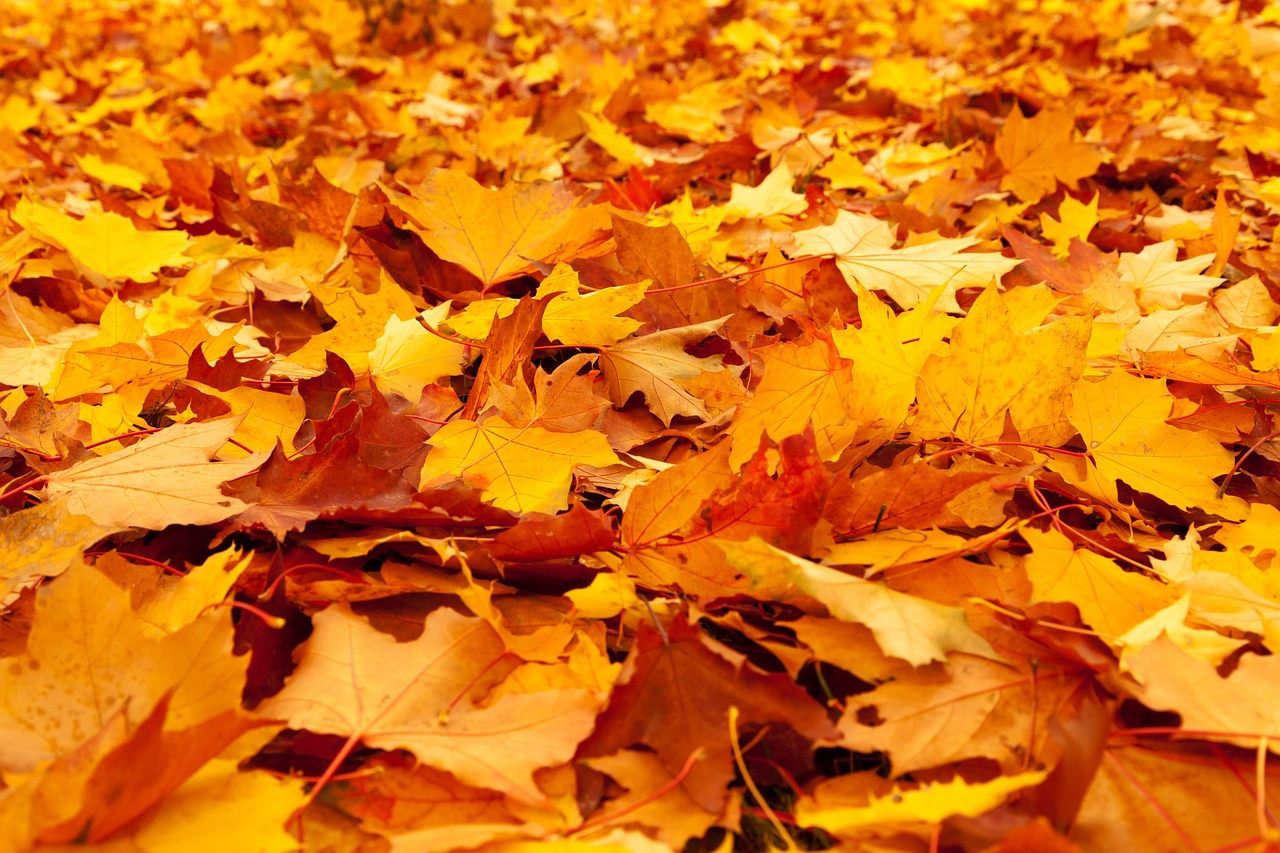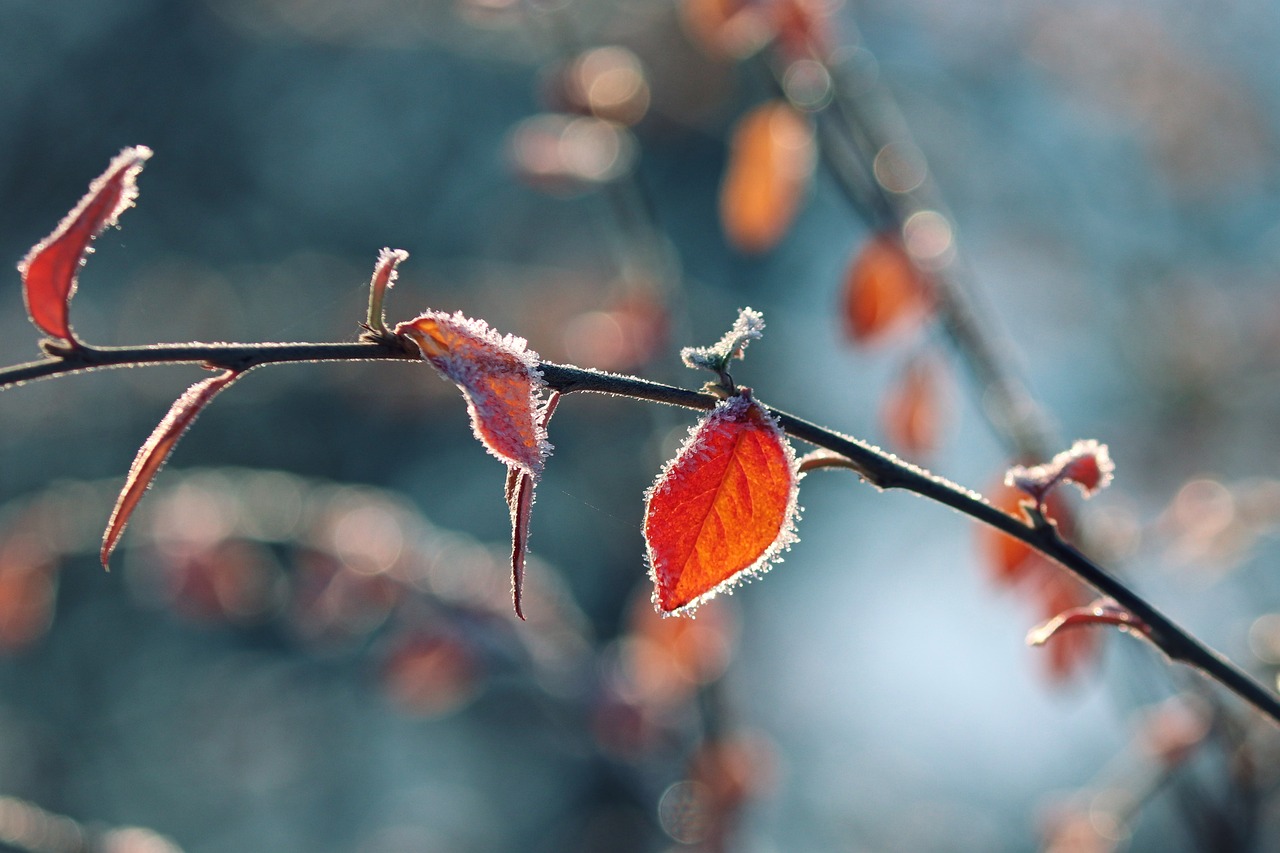Clever use of autumn leaves - ecological life hacks for the garden
Personal
Living
Stadtnatur
In autumn, not only the temperatures drop, but also the leaves fall from the trees - and that brings many benefits for your garden! Instead of just disposing of leaves, you can put them to good and environmentally friendly use. Here are some life hacks on how you can use fall leaves for garden maintenance:
1. mulch for vegetable beds and shrubs
A mulch layer of leaves protects your beds and shrubs from cold and frost. Simply spread the leaves over the beds to protect the soil from temperature fluctuations and promote soil life. In spring, you can then work it in as a natural soil conditioner.
2. leaves as winter quarters for animals
If you pile up leaves in a sheltered spot, you provide a winter home for hedgehogs and other small animals. Foliage is also a safe haven for insects such as beetles and spiders. Choose a quiet corner of the garden that is not frequently visited. You can also find out more about this in this "life hack" from us: https://www.klima-community.de/lifehacks/lifehack/igel-willkommen-so-machst-du-deinen-garten-zum-paradies-fuer-die-stacheltiere.html
3. return nutrients
Autumn leaves are rich in nutrients, which are returned to the soil through decomposition. This turns them into natural fertilizer and can promote plant growth the following year. Leaves from trees such as maple, apple or birch are particularly suitable.
4. make compost from leaves
Mix the leaves with other garden waste (such as twigs and grass cuttings) to make valuable leaf compost. This is particularly suitable for soils that need additional nutrients and humus.
5. soil improvement through leaf humus
Leaf humus improves the soil structure and retains moisture. The slow decomposition of leaves ensures that humus is built up in the soil. Use easily decomposed leaves and spread them on your beds.
We also link you to a YouTube tutorial from Anjas Garten Reich.
Important note: some types of foliage are less suitable as they are more difficult to decompose or can even be harmful to certain plants. Here are types of foliage that you should use sparingly or with caution:
- Oak leaves: oak leaves contain a lot of tannic acid (tannins), which slows down decomposition and can easily acidify the soil. It is suitable for plants that like acidic soil (e.g. blueberries or rhododendrons), but should otherwise only be used in moderation.
- Walnut leaves: Walnut leaves contain juglone, a substance that can inhibit the growth of other plants. The leaves should therefore not be used in the immediate vicinity of vegetable beds or sensitive plants. If you want to use it, first compost it separately and only use it once it has decomposed well.
- Chestnut leaves: Chestnut leaves decompose slowly, especially if they are infested with the leaf miner. Although they are suitable for composting, they should be shredded well and stored separately to avoid pest infestation.
- Poplar and plane tree leaves: These leaves are very slow to decompose and quickly become mushy in thick layers, making them less suitable for mulch. However, they can be composted if they are well shredded and mixed with other compost material.
However, these types of leaves can often be used well after separate composting once they have decomposed sufficiently.
Image sources: Images by PublicDomainPictures and Manfred Richter from Pixabay

